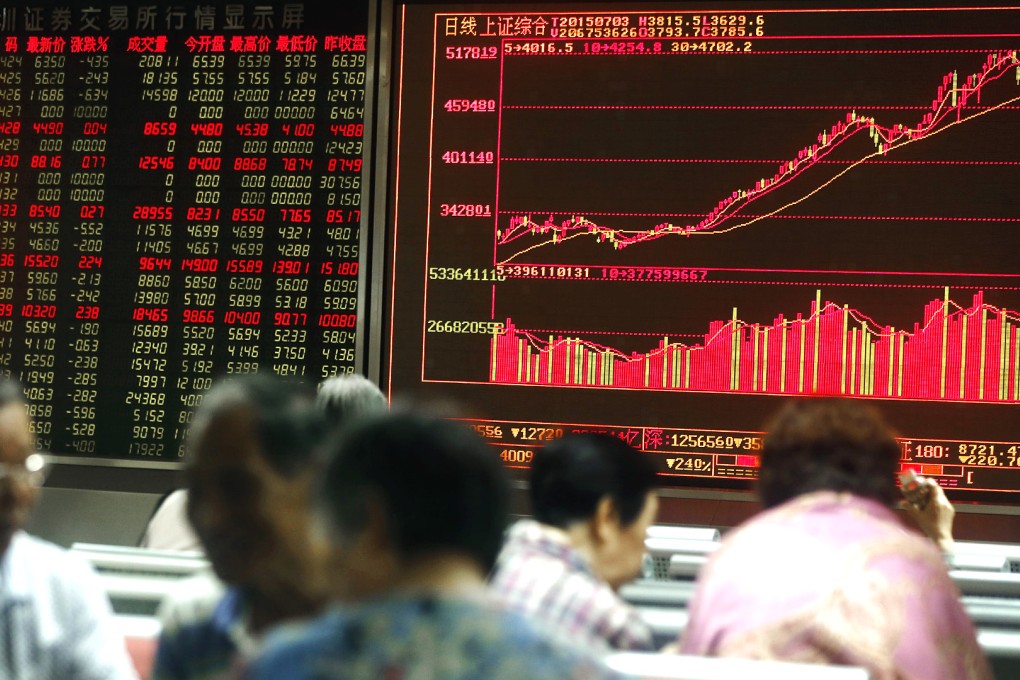Update | Shanghai shares finishes at over 3-month low; Beijing eyes manipulation and short-selling
Chinese stocks post worst three-week decline in 23 years

Shanghai stocks crashed over 6 per cent at the close on Friday as the country’s key benchmark posted its worst three-week decline since 1992, with Beijing's several stimulus measures failing to shake shares out of their prolonged funk.
Market regulator China Securities Regulatory Commission said it would investigate market manipulation and short selling as stocks moved decisively into bear market territory after tanking the past three weeks.
The Shanghai Composite index plunged as much as 7.2 per cent at one stage in the morning, before finishing down 5.77 per cent or 225.85 points to 3,686.92. It was the worst close for Shanghai since March.
The Shenzhen Composite dropped 5.3 per cent or 117.34 points to 2,098.48 and the ChiNext Board retreated 1.66 per cent, or 44.04 points, to 2605.28.
Shanghai and Shenzhen Composites have retreated 29 and 32 per cent respectively over the past three weeks, effectively shoving a market that had hit 7-year highs on June 12 into bear market territory.
The China Daily newspaper said on Friday the CSRC was probing investors who used stock index futures to short the market and the industry watchdog would send criminal cases to the police.